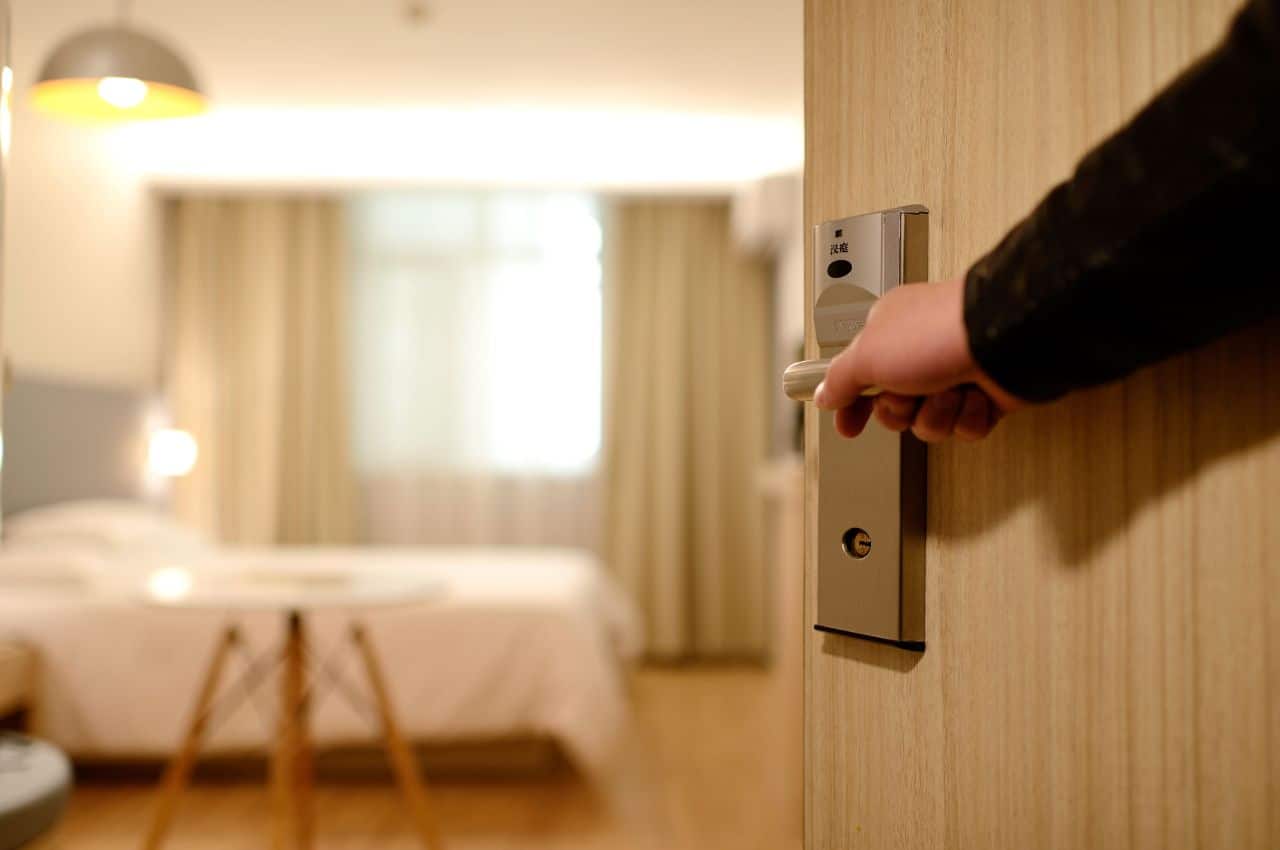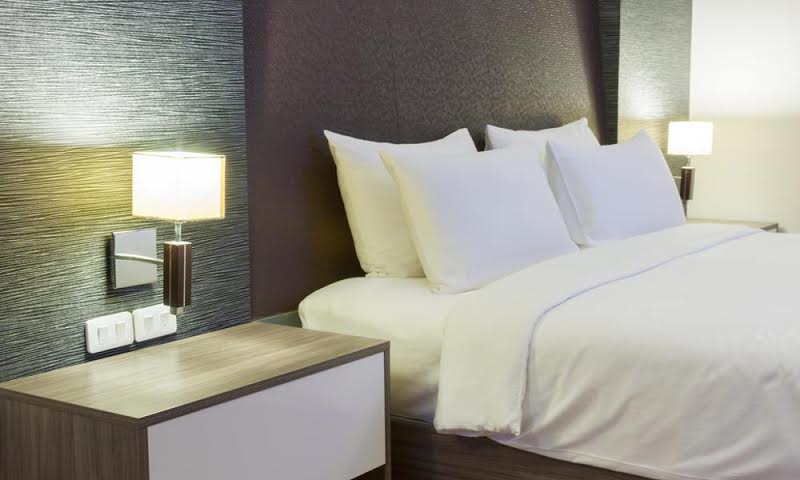In the bustling world of the hospitality industry, maintaining a pristine environment is crucial. But what happens when unwelcome guests like pests invade this space? This is where the concept of a hotel pest audit becomes essential. If you've ever wondered, what is a hotel pest audit, you're not alone. This comprehensive process plays a vital role in ensuring hotels remain pest-free, enhancing guest experience and maintaining the establishment's reputation.

Understanding the Importance of Hotel Pest Audits
A hotel pest audit is a thorough examination of a hotel's premises to identify, manage, and prevent pest infestations. It involves inspecting various areas of the hotel, implementing pest management strategies, and ensuring compliance with health and safety regulations. With the rise of global travel, the demand for impeccable hotel standards has never been higher. Therefore, a pest audit is not just a necessity but a critical component of hotel maintenance and management.
The Process of Conducting a Hotel Pest Audit
The process begins with a detailed inspection of the hotel's facilities, including guest rooms, kitchens, storage areas, and waste disposal zones. During this inspection, experts look for signs of pest activity, potential entry points, and conditions that may foster infestations. The findings are then compiled into a comprehensive report, which outlines the current pest status and suggests preventive measures. This proactive approach helps hotels maintain a high standard of cleanliness and safety.
Effective pest control in the hospitality industry involves teamwork between hotel management and pest control professionals. This collaboration ensures that any identified issues are addressed promptly and efficiently, minimizing disruptions to hotel operations. The risks of pests in hotels are significant, potentially affecting guest satisfaction and leading to financial losses.
The Benefits of Regular Hotel Pest Audits
Regular pest audits offer several benefits, including early detection of potential infestations, compliance with health regulations, and protection of the hotel's brand reputation. By addressing pest issues before they escalate, hotels can avoid costly remediation measures and ensure a pleasant environment for their guests.
Moreover, consistent audits help in maintaining the hotel's cleanliness standards. This is particularly important for hotels aiming to achieve high customer ratings and reviews. Pest control in the hotel industry is an ongoing challenge, but regular audits make it manageable and sustainable.
Challenges in Hotel Pest Management
Despite the benefits, conducting a pest audit is not without its challenges. Hotels often face difficulties in maintaining continuous pest control due to factors such as high guest turnover, varied food supply sources, and diverse climates. Additionally, the use of harsh chemicals can be harmful and counterproductive if not managed correctly. Therefore, finding a balance between effective pest control and maintaining guest safety is paramount.
To address these challenges, hotels are advised to adopt integrated pest management (IPM) strategies. This holistic approach combines biological, mechanical, and chemical methods to control pests sustainably. Facility management for hotels often includes IPM as part of their pest control protocol, emphasizing the importance of eco-friendly solutions.
How Often Should Hotels Inspect for Pests?
The frequency of inspections depends on several factors, including the hotel's location, size, and previous pest history. Generally, it is recommended that hotels conduct pest audits at least quarterly. However, high-risk areas such as kitchens and waste disposal zones may require more frequent inspections to ensure pest issues are swiftly managed.
Regular training for hotel staff on pest awareness and prevention is also crucial. By educating employees about the signs of pest activity and best practices for maintaining a pest-free environment, hotels can empower their teams to contribute to the overall pest management strategy.
Addressing Guest Complaints and Enhancing Experience
Handling guest complaints about pests promptly is crucial for maintaining a good reputation. Hotels must have clear protocols for addressing such issues, ensuring that guests feel heard and valued. The hotel staff should be trained to manage complaints professionally and offer immediate solutions to rectify the problem.
Providing guests with a clean and comfortable environment is at the core of the hospitality industry. Therefore, investing in regular pest audits and management strategies is a wise decision for any hotel aiming to enhance guest experience. Handling pest complaints effectively can lead to positive reviews and repeat business.
Conclusion: The Future of Hotel Pest Audits
As we move forward, the importance of hotel pest audits will only grow. With technological advancements, hotels can now leverage data and smart monitoring tools to enhance their pest management strategies. Implementing these technologies can lead to more accurate inspections and timely interventions, ensuring a consistently high standard of cleanliness and safety.
Ultimately, understanding what is a hotel pest audit and its significance can help hotels maintain a competitive edge in the hospitality industry. By prioritizing pest management, hotels not only protect their reputation but also ensure a welcoming and hygienic environment for all guests.

FAQs
What is the primary goal of a hotel pest audit?
The primary goal is to identify, manage, and prevent pest infestations, ensuring a safe and clean environment for guests.
How can hotels benefit from regular pest audits?
Regular audits help in early detection of pest issues, compliance with health regulations, and maintaining the hotel's reputation.
What challenges do hotels face in pest management?
Challenges include high guest turnover, diverse climates, and the need for sustainable pest control methods.

